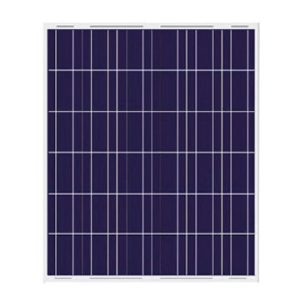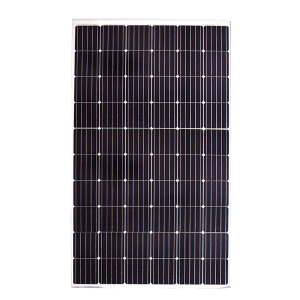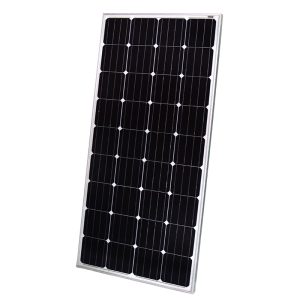Solar energy is becoming increasingly popular as a renewable energy source for homes, businesses, and industries. As solar panel technology advances, the demand for efficient and cost-effective solar energy systems has grown. One key component of a solar energy system is a solar controller, which regulates and monitors the flow of charge from the solar panel to the battery. In this article, we will explore the benefits and features of a 30 watt solar controller, and how it can optimize your solar energy system.
What is a Solar Controller?
A solar controller, also known as a charge controller, is an essential part of a solar energy system. It regulates the flow of charge from the solar panel to the battery, preventing overcharging and prolonging battery life. A solar controller also monitors the performance of the solar panel and battery, ensuring that the system is functioning correctly.
Benefits of a 30 Watt Solar Controller
A 30 watt solar controller is an excellent choice for a medium-sized solar energy system. Here are some benefits of using a 30 watt solar controller:
– Efficient charging: A 30 watt solar controller can efficiently charge a 12V or 24V battery, ensuring that the battery is fully charged and maintained at optimal levels.
– Overcharge protection: A 30 watt solar controller has overcharge protection, which prevents the battery from being damaged due to overcharging.
– LED display: Many 30 watt solar controllers come with an LED display that shows the status of the battery and solar panel, making it easy to monitor the system.
– Compact size: A 30 watt solar controller is small and lightweight, making it easy to install and transport.
How to Choose a 30 Watt Solar Controller
When choosing a 30 watt solar controller for your solar energy system, there are several factors to consider:
– Voltage compatibility: Make sure the solar controller is compatible with the voltage of your solar panel and battery.
– Maximum input power: Check the solar controller’s maximum input power to ensure that it can handle the power output of your solar panel.
– Protection features: Look for a solar controller that has overcharge protection, short circuit protection, and reverse polarity protection.
– Brand reputation: Choose a reputable brand that has a track record of producing high-quality solar controllers.
Conclusion
A 30 watt solar controller is an essential component of a solar energy system, regulating the flow of charge and protecting the battery from damage. When choosing a solar controller, make sure to consider the voltage compatibility, maximum input power, protection features, and brand reputation. With a 30 watt solar controller, you can optimize the performance of your solar energy system and enjoy the benefits of renewable energy for years to come.
Here are three popular FAQs with answers for a 30 Watt solar controller:
Q: What is a 30 Watt solar controller?
A: A 30 Watt solar controller is an electronic device that regulates the amount of electricity coming from a 30 Watt solar panel, ensuring that the charging of batteries connected to the system is optimized, and that the solar panel is not overcharged or damaged. The controller can also protect the batteries from over-discharging, which can lengthen the life of the batteries.
Q: What types of batteries can be charged by a 30 Watt solar controller?
A: A 30 Watt solar controller is generally designed to charge 12-volt lead-acid batteries, including sealed, flooded, and gel-type batteries. Some controllers may also be compatible with lithium-ion batteries. However, it is always important to check the compatibility of the controller with the specific battery model you plan to use.
Q: What is the maximum load capacity of a 30 Watt solar controller?
A: The maximum load capacity of a 30 Watt solar controller depends on the specific model and manufacturer. However, a typical 30 Watt solar controller can handle a load capacity of up to 10 amps, which can power small devices such as lights and small appliances. It is important to note that exceeding the load capacity of the controller can damage the system, so it is essential to check the specifications of the controller and calculate the load requirements of your devices before connecting them to the system.



